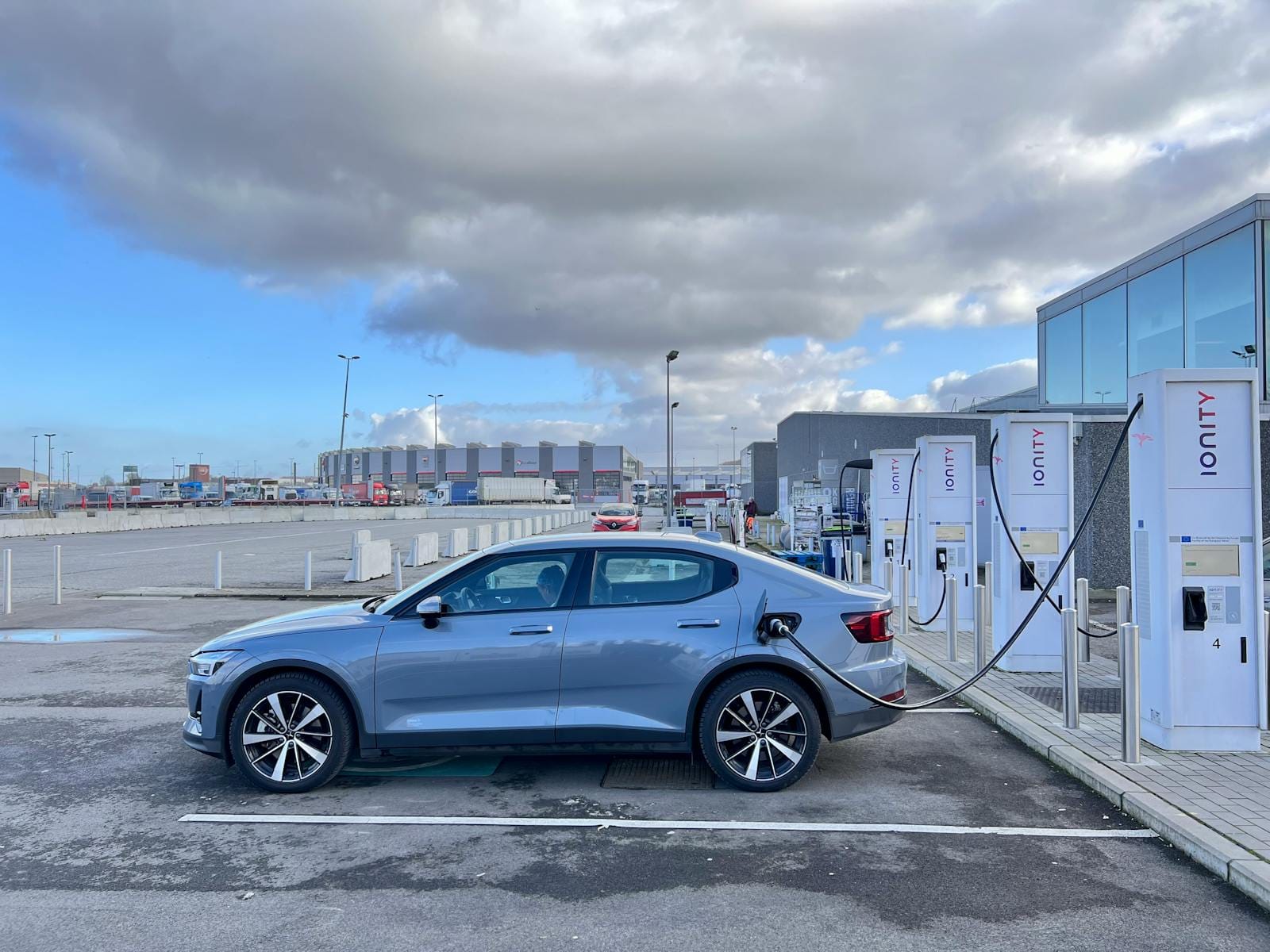Hey everyone, Sebastian here! Remember those days when gas prices were, like, a distant memory? Yeah, me neither. Lately, every trip to the pump feels like a mini-heart attack. It got me thinking, and I’m sure it’s crossed your mind too: are electric vehicles really the money-saving saviors everyone claims? Let’s dive in and see if the hype matches reality.
This isn’t just about the sticker price, folks. We’re going full detective mode, digging into the total cost of ownership. Because let’s be honest, nobody wants to buy a “money-saver” that ends up draining your wallet dry.
Round 1: Sticker Shock – Is the EV Price Tag a Deal Breaker?
Okay, let’s address the elephant in the room: EVs can have a higher upfront cost than their gasoline counterparts. I remember when I first started looking at EVs, I almost choked on my coffee. But hold on! That’s not the whole story.
Debunking the Myth of the Expensive EV
First off, not all EVs are luxury items. The market is changing fast. More and more affordable models are popping up, making electric driving accessible to a wider range of budgets. Think about it: a few years ago, finding a decent EV under $40,000 was like searching for a unicorn. Now? There are some solid options.
The Power of Incentives
And here’s a game-changer: tax credits and incentives. Depending on where you live and the specific EV you choose, you could snag some serious discounts. I remember when I bought my first EV, I was able to take advantage of both federal and state incentives. It was like getting a surprise bonus – and it made the whole purchase way more palatable.
Resale Value: A Hidden Gem
Don’t forget about resale value! EVs are holding their value pretty darn well. This means that when you eventually decide to upgrade or switch vehicles, you’re likely to recoup a decent chunk of your initial investment.
Round 2: Fueling the Debate – Electricity vs. Gasoline
Now for the juicy part: the cost of “fuel.” Gas prices are a rollercoaster. One week they’re up, the next week they’re… well, still probably up. Electricity prices, on the other hand, are generally much more stable.
A Hypothetical Road Trip
Let’s imagine you drive 12,000 miles a year (the average, roughly). How much would it cost to “fuel” an EV versus a gasoline car? It’s tough to give exact numbers, but let’s say you have a gas guzzler that gets 25 miles per gallon, and gas costs you $4.00 a gallon. That’s $1920 a year in gas. An EV with decent efficiency might only cost you $500-$700 to charge for the same mileage (depending on your electricity rates). That’s a huge difference!
The Convenience Factor
And let’s not underestimate the convenience of home charging. Imagine plugging in your car at night and waking up to a full “tank.” No more detours to the gas station, no more breathing in fumes. It’s like having your own personal fueling station. Yes, you might need to invest in a home charger, but think of it as an investment in your sanity and your wallet.
Round 3: Maintenance Mayhem – EVs vs. Gas Cars
Here’s another area where EVs shine: maintenance. They have fewer moving parts than gasoline cars, which translates to lower maintenance costs.
Oil Changes? Nope!
Think about it: no oil changes, no spark plugs, no exhaust system to worry about. My gas car was always needing some kind of tune-up. My EV? Smooth sailing so far.
Brake Longevity
EVs also have regenerative braking, which helps extend the life of your brake pads. I’ve barely touched my brakes in the two years I’ve owned my EV.
The Battery Question
Now, let’s talk about the big one: battery replacement. Yes, EV batteries will eventually need to be replaced. But most manufacturers offer pretty solid warranties (8 years/100,000 miles is common). And battery technology is constantly improving, meaning they’re becoming more durable and longer-lasting.
Round 4: The Hidden Costs – Beyond Fuel and Maintenance
There are a few other factors to consider. Insurance costs can vary for both EVs and gas cars. Sometimes EVs are a bit pricier to insure, but it’s worth shopping around.
Government Perks and Environmental Benefits
Don’t forget about potential government incentives or rebates for EV ownership. And of course, there’s the environmental benefit. Driving an EV means less pollution, which is good for the planet (and might even save you some money in the long run if carbon taxes become more common).
Conclusion: The Verdict
So, which is the ultimate money-saver? It’s not a simple answer. While EVs often have a higher initial cost, the long-term savings in fuel and maintenance can be significant. It really depends on your individual circumstances: how much you drive, where you live, and what kind of EV you choose.
My advice? Do your research. Use online calculators to compare the total cost of ownership for different EVs and gasoline cars. Talk to EV owners. And most importantly, take a test drive! You might just be surprised at how much you enjoy the electric experience – and how much you save in the process.
